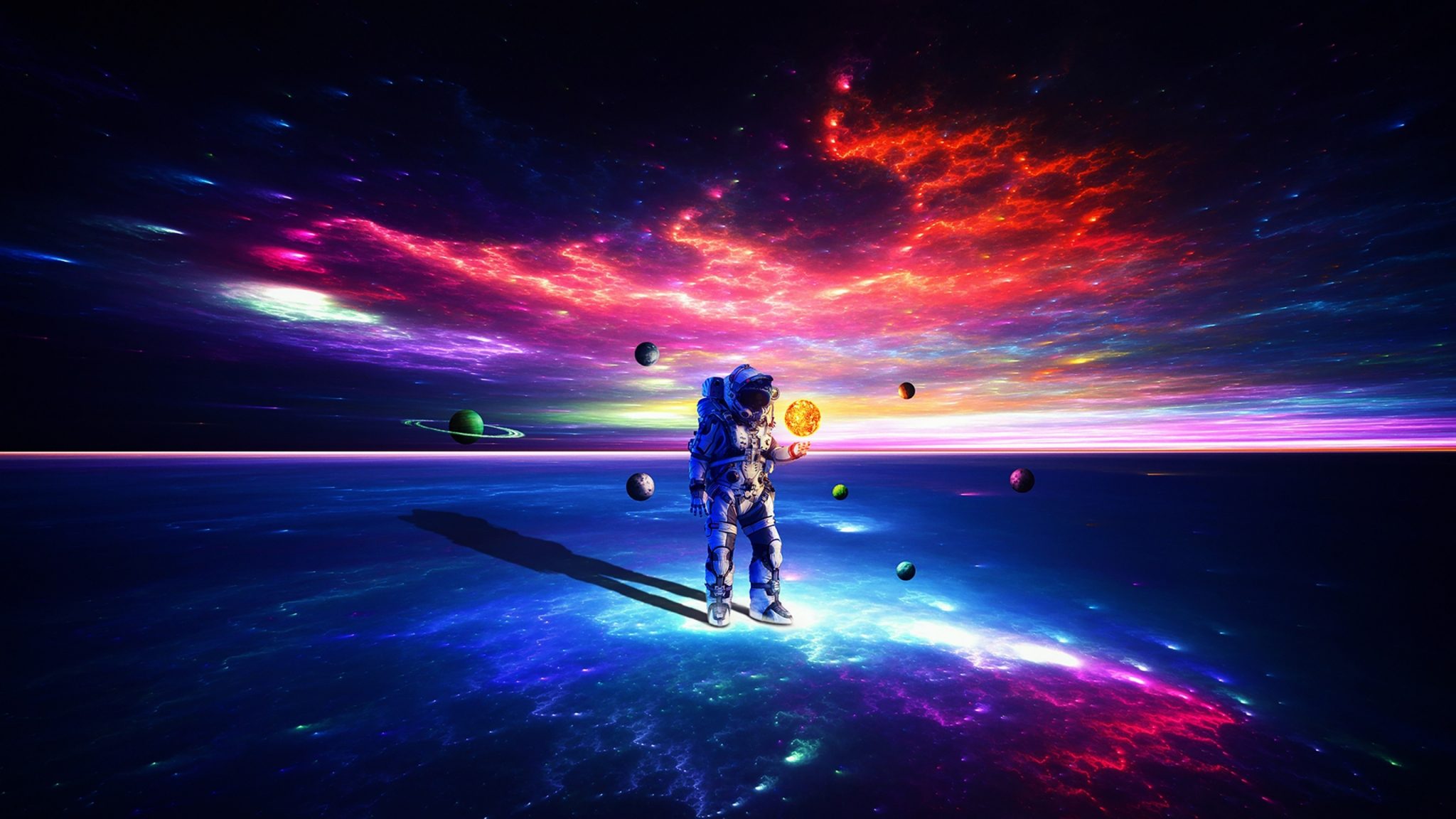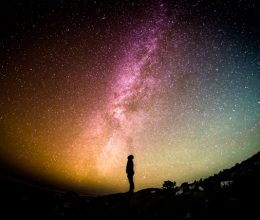I must admit that expressing my thoughts on a subject that is likely unfamiliar to many is a considerable challenge. But before delving into the topic, I would first like to say a few words about the Christian faith. Throughout history, Christianity has produced many wise individuals and heroes, fostered profound spiritual values, and laid the foundations for a sublime poetic tradition and unique forms of art. It has significantly glorified human nature, shown reverence for the human body, unveiled the grandeur of the human soul, and opened new horizons for the potential of the human mind and spirit.
Moreover, Christians have strived and passionately sought the truth about God and the world. They have conceptualized God, approached Him, questioned Him, rejected Him, and worshiped Him, even wrestled with Him. Their quest for God has led to a profound understanding of the divine essence and the gradual revelation of His personhood. They have sought communion with God, and even aspired to union with Him. Ultimately, through the experience of the Divine Eucharist, believers have transcended the mere question of God’s existence.
Christianity was born from the heart of Byzantine civilization. From this cradle emerged the first written Bible and the illuminated writings of the wise Fathers, who successfully blended beauty with truth, teaching with experience, theory with practice, natural gifts with spiritual values, everyday life with visionary insights, asceticism with intellectual grandeur, and the human nature with divine mysticism. Orthodox Christianity abounds with countless churches, celebrated saints, sacred relics, religious practices and traditions, festivals, miracles, and people whose very lives reveal a deep yearning for God.
Not a God who merely punishes the wicked and rewards the righteous, answers questions, or serves the human will. Not a God who molds good people or imposes His laws upon them. But rather, a God who desires communion with humanity, who gives life to people and shares His eternity and divinity with them. This is not merely a collection of beautiful words or wishful thinking, but a living experience—even today, in a time when everything seems to be falling apart.
Having laid out these points, allow me now to present my thoughts and perspectives. The title of this reflection contains two terms. The first is transhumanism, a concept unfamiliar to me, and the second is deification, which may sound strange to you.

Let us first examine what transhumanism entails. According to Wikipedia, transhumanism is an international intellectual movement that aims to transform the human condition by developing and making widely available sophisticated technologies to significantly enhance human intellectual, physical, and psychological capacities. Transhumanists explore both the potential benefits and risks of emerging technologies that could transcend fundamental human limitations, as well as the ethics surrounding their use.
One of the main assumptions of transhumanism is that human beings might eventually transform themselves into post-human entities with abilities so advanced that they would justify the term “post-human.” Despite my background in science and technology, I must admit that I do not fully grasp the essence of transhumanism, nor can I entirely comprehend its purpose or necessity—it seems to go beyond my understanding. For this reason, I would prefer to listen and learn rather than speak at length on the topic.
It is clear that transhumanism promises technological advancements that would enhance intellectual capabilities and physical strength to such an extent that it would not only alter human identity but completely redefine it. Its ultimate goal seems to be the creation of a “super-human” or post-human being. In some ways, I can understand the appeal of this, but I do not believe in it. Do we truly need such advancements at this point in time? Are they necessary? What is our ultimate goal? What is the deeper motivation behind such efforts? Why strive to create a superior human race instead of perfecting human beings as they are?
Let me give you an example: How could transhumanism possibly solve the issue of poverty, which affects the entire world? Or the devastating consequences of war? Just a few months ago, the United Nations reported that food worth $570 billion is wasted annually. With that amount of food, 200 million people could be fed. Hunger is a grave issue, one that must and can be resolved. The real problem lies in the fact that, despite the solution being within reach, the issue remains unresolved.
What is the point of creating post-human beings if we have not yet succeeded in helping people survive and improve their lives? Ultimately, what we need to do is not create post-human beings, but rather restore the humanity we have already damaged in countless ways.

The reduction of world hunger does not require originality, special knowledge, or superhuman abilities—much less technological enhancement of human beings. Transhumanists appear fundamentally incapable of offering solutions to the persistent challenges of human existence: destructive wars, the arms race, unequal distribution of wealth, drug abuse, mental health disorders, broken human relationships, personal traumas, or even misfortunes and natural disasters.
Can transhumanism abolish death? Could it cure the self-destructiveness of human beings by creating a successor with artificial intelligence capable of predicting and preventing every form of self-destruction? If a post-human being can achieve this, why should it not be possible for its creator—humankind? Perhaps the obsession with innovation and the creation of post-human entities, instead of focusing on resolving the problems of the present-day human condition, is itself the primary flaw of the entire enterprise.
What is the point of building a computer that can defeat the world chess champion when we are unable to solve the simple, everyday problems of our own lives? What purpose is served by transcending our physical limitations if we remain imprisoned by our irrational passions? How can anyone transcend themselves if they cannot first overcome their inner vices?
These issues do not require extraordinary intelligence, superhuman strength, or advanced technology to be resolved. They will not be solved by super-humans, but by morally developed human beings. Nor do these questions demand a superior mind to answer them. What we need is wisdom, not intelligence; virtue, not strength; love, not technology. Not a superhuman, but a more human human being.
Our goal should be to become genuine human beings, not to transcend our nature and lose what makes us human by becoming inhumane super-beings. “How glorious is man when he becomes truly human,” wrote Menander, the ancient Greek playwright of the 4th century BC.
At the beginning, I mentioned that the title of my reflection contains two terms: the first, transhumanism, is unfamiliar to me, while the second, deification, is likely unfamiliar to you. I will now try to share some thoughts on the latter, as I believe it represents the most sacred legacy of the Orthodox Christian faith—not as a doctrine or law that everyone must follow, but as an extraordinary potential hidden within every human being.
Deification (theosis) is not a state to be attained but a gift from God. It is not granted to those who strive tirelessly and follow strict instructions and rules but to those with a pure and humble heart. Its primary aim is not self-transcendence but freedom and spiritual fulfillment.
Perhaps you may find this disappointing, for while transhumanism is currently a popular and widely discussed topic, deification seems neglected—even though it is essential, even fundamental, for each of us. Our current way of thinking and the path of our lives are headed in the opposite direction. Nevertheless, in discussing deification, we attempt to surpass transhumanism.















